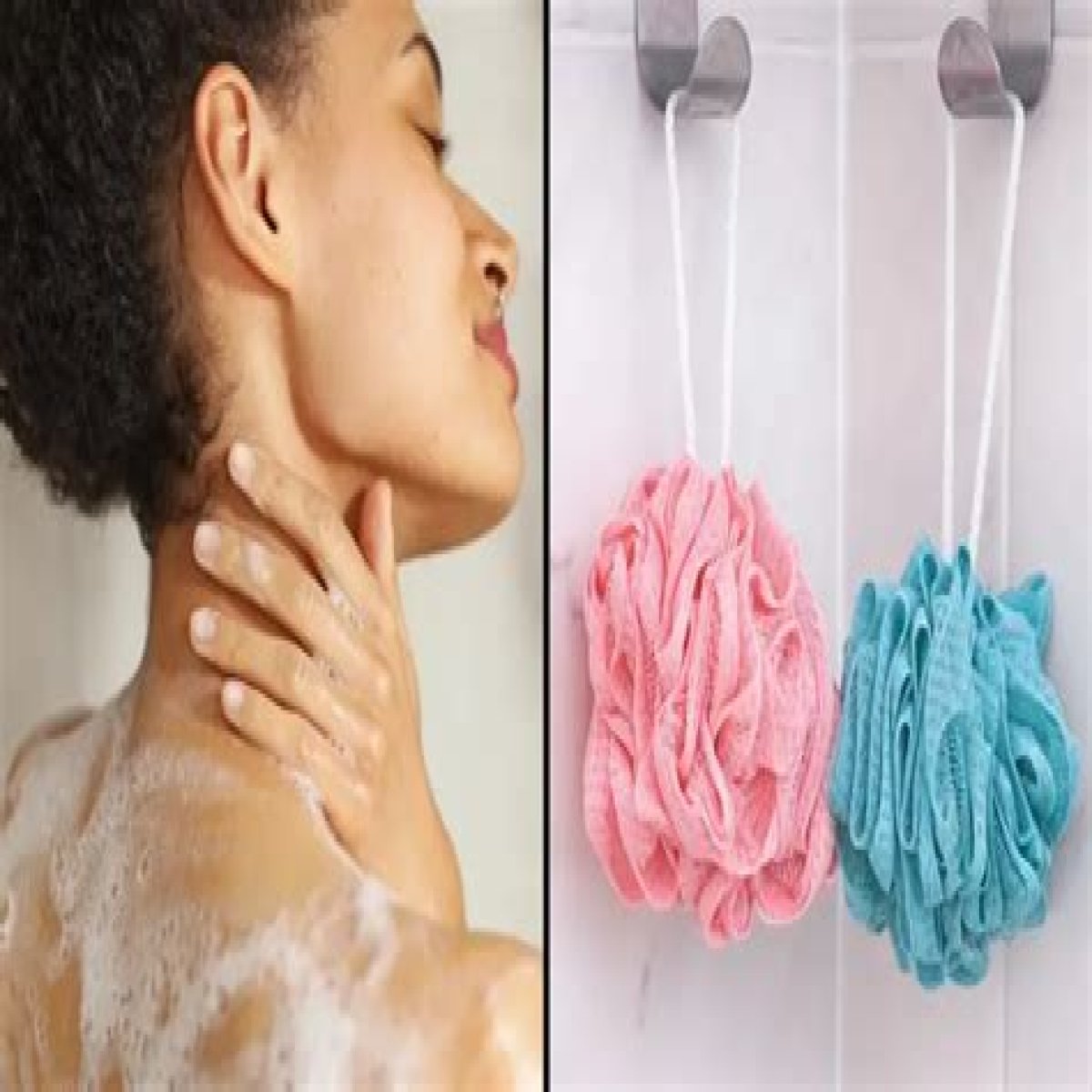Table of Contents
Why using a loofah is bad?
Loofahs can prove dangerous to your skin because they can be a microbe reservoir, especially if they hang unused for days or even hours without a good rinse. Loofahs have lots of nooks and corners, and they are very porous.
Is it better to shower without a loofah?
“Neither are necessary,” explains Dr. Mudgil. “But if you’re going to choose one, wash cloths are much better than loofahs, provided you only use the cloth one time before washing it. Both can harbor bacteria, but loofahs are much more prone to doing so given all their ‘nooks and crannies.
Is it better to use a loofah or hands?
Joel Schlessinger recommends cleansing with your hands over a loofah or washcloth. Cons: Hands are not considered optimal for exfoliation, which can leave behind dirt, oil and deceased skin cells. Unclean hands can also contaminate skin on the face and body with acne-causing bacteria.
What is better to use than a loofah?
Washcloths are an efficient standby if you want to ditch loofahs, poufs, and sponges altogether. They have a gentle exfoliating effect and can spread soap later easily. Best of all, a washcloth can just be thrown right into a washing machine after use and rinsed with detergent and hot water regularly.
Are loofahs unsanitary?
They don’t ever totally dry out, so the loofah is a beautiful breeding ground for bacteria.” Loofahs can contain fungal organisms that lead to skin infections. “That’s why it’s important to make sure you keep your loofahs clean, replace them regularly and use them gently — do not rub your skin too vigorously.”
What is the best tool to wash your body with?
We suggest having one of the best loofahs or shower sponges in hand to make washing an enjoyable experience. Loofahs and shower sponges are a convenient way to make quick work of your bathing routine, in addition to making sure your choice of accompanying soap works harder and cleans deeper.
Are shower scrunchies bad for you?
The netting exfoliators — let’s call them puffs — are actually breeding grounds for nasty bacteria that grow and multiply in just one night. In fact, it’s estimated that 98 percent of dermatologists would recommend you never use a shower puff.
Is loofah bad for skin?
Loofahs can also be too abrasive for some skin types. If you’ve ever noticed redness or irritation after using a loofah, your skin might be particularly sensitive to dermabrasion and exfoliation. The coarse, somewhat brittle feeling of the loofah fibers may be too much and can damage skin over time.
Are loofahs plastic?
Traditional loofahs are made of plastic and other colorful synthetic materials. These materials are gathered up into looped sections of mesh to form them into fluffy balls. … Enter: the natural loofah.
